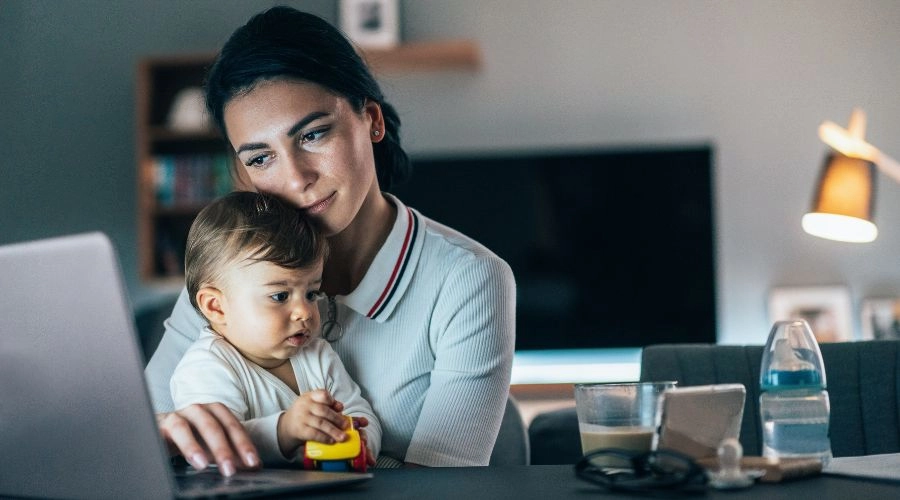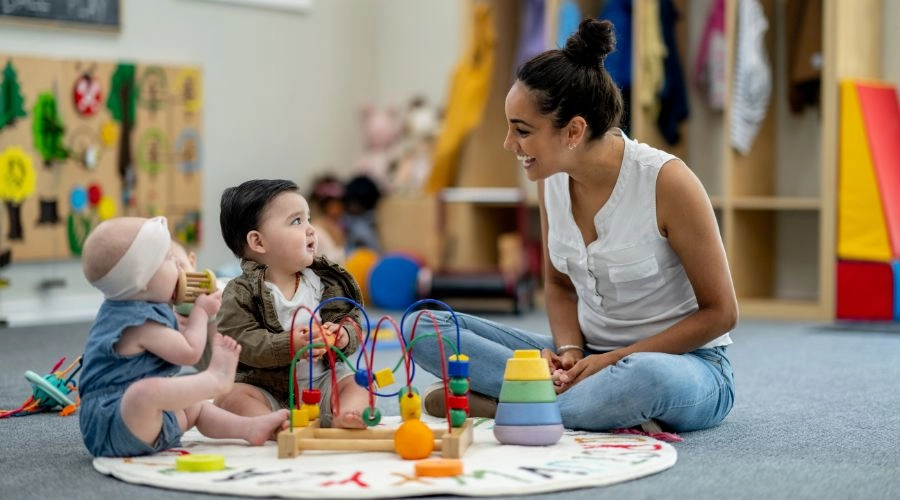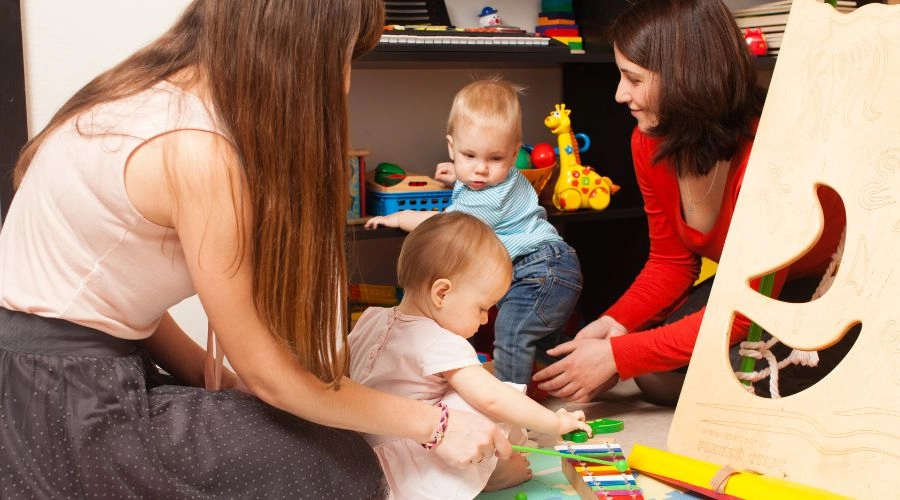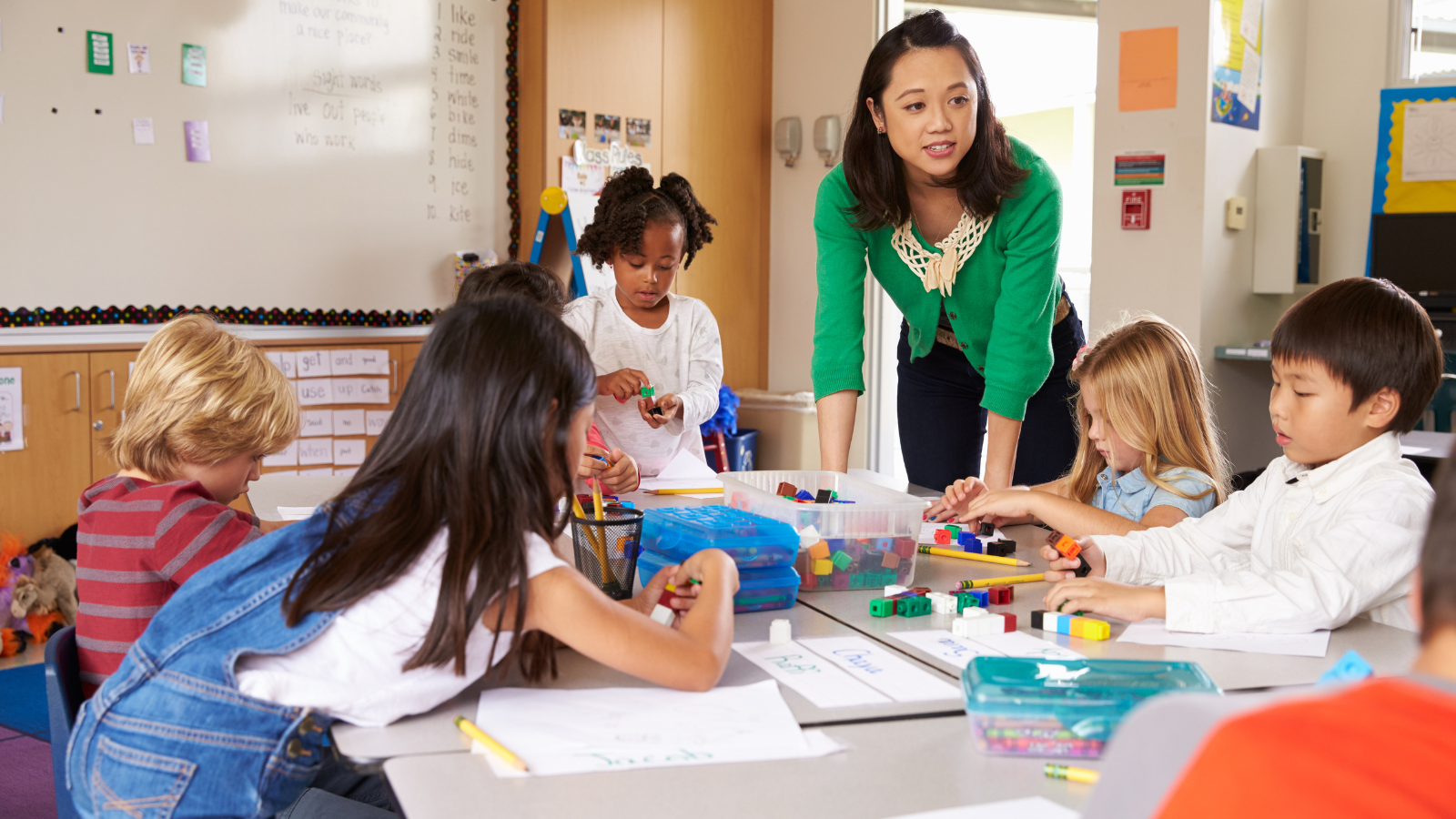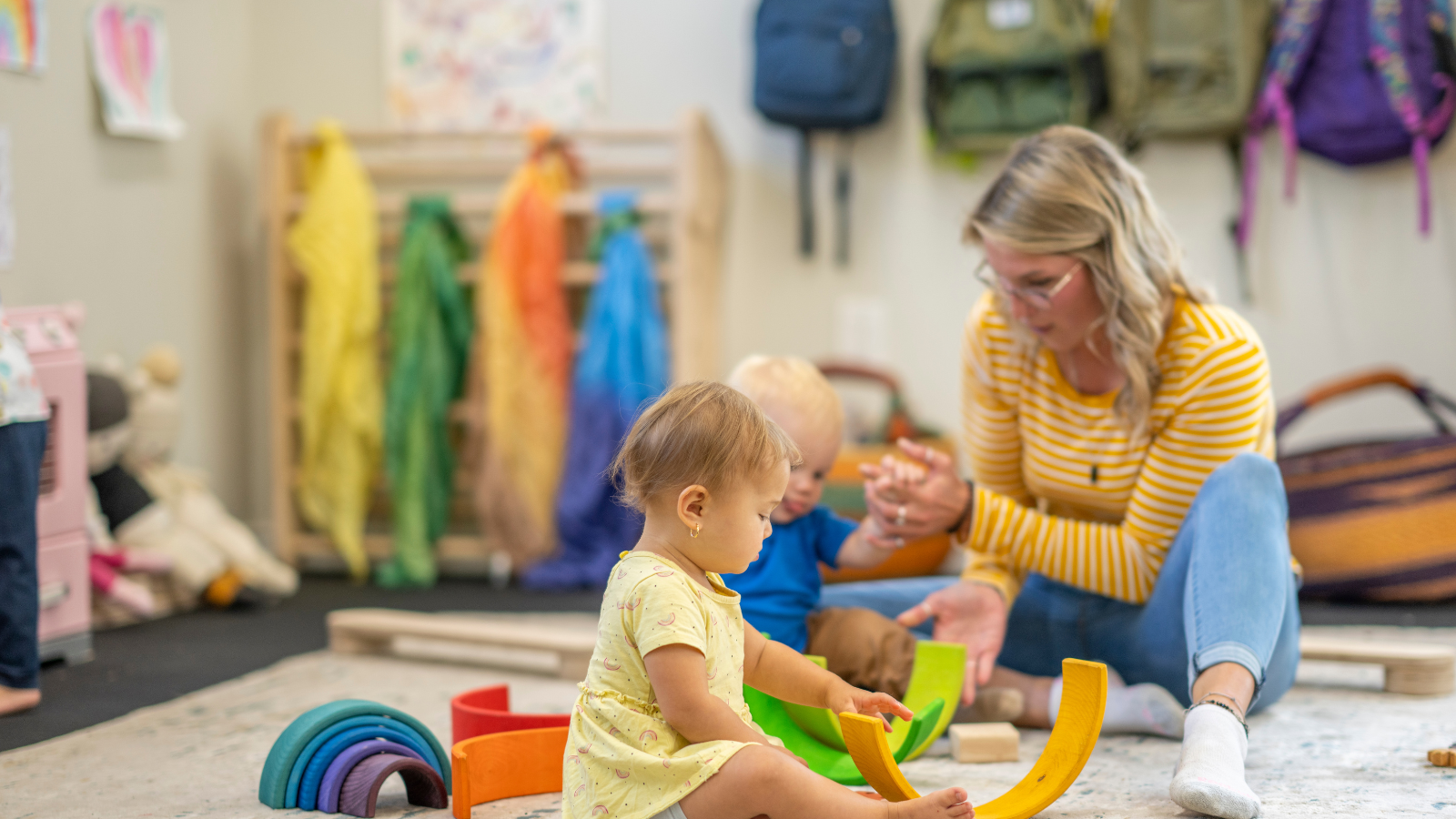Have you ever said something you wanted to take back right away? We all go through it. But have you ever been the one who was wrong? Have you ever said something to someone and had no idea how it made them feel until that person told you? This doesn’t just happen with other adults, though. Parents often say things to their kids that have much bigger effects than they realize. Here are four things that parents say to their kids that hurt them but they don’t realize it.
1 - "Don't be afraid." "Stop being sad." / "Don't get mad."
The statements that say “Stop doing X” are SO easy to say. For example, the phrase “Don’t be afraid” is meant to say, “There’s no danger, I’m here, and everything will be fine.” But all a child hears is you saying, “Don’t be scared.” Even if you are trying to help your child through a temper tantrum by telling him or her, “Stomping your foot and yelling won’t get you anywhere in life,” the child hears that as a command to stop feeling.
We all have to learn how to handle our feelings, even as adults, but the wrong way to do this is to push them down.
So, the next time your child has a big feeling, remember that the feeling itself shouldn’t be punished or made less important. Recognize their feelings and let them know it’s okay to feel that way. Then work with them to change how they act when they feel that way. That can hurt (or even hurt) both themselves and other people.
2 – "I'm so mad at you."
Little kids are not to blame for how their parents feel. Full stop.
Like I said in the last point, part of growing up is learning that what you do affects other people. But kids, especially those in preschool, still have a lot to learn.
Don’t get us wrong … it’s not fair. Your child will do a lot of things that will annoy you. But it doesn’t help anyone if you blame them for how you feel. They’ll either feel like they have to take care of your feelings when they don’t have to or they’ll try to get you to feel a certain way on purpose. We can all agree that we don’t want to give kids the job of being a therapist or teach them how to make people feel bad about themselves.
So, just like in point 1, don’t be afraid to admit how you feel. It’s okay to say you’re angry or frustrated. But then show your child how to deal with that feeling by taking a step back, taking deep breaths, or going for a walk. How you talk to your child about how they act depends a lot on how old they are. If they are younger than 3, they probably won’t understand why you’re mad and why they need to change. If they are in preschool, you should start talking to them about how their actions can hurt other people. But again, don’t punish them for things they didn’t know or understand. Help them change their behavior until they are old enough to remember that bad things happen when they do bad things. (Usually around 5 or 6 years old.)
3 – “You always …” or “You never …”
When a couple is fighting, marriage counselors will tell them, “Never say never.” Statements like “You never pick up your toys” or “You always act so mean in the morning” actually lie. Your child has put away their toys before, and some mornings they were happy to do it. So when you say things like that, they may feel judged and helpless.
Instead of making big, overly broad statements, try saying what you really mean and asking questions.
“I told you to put your toys away. “Why haven’t you done it yet?”
“You’re in a bad mood this morning. Was there something that made you mad?”
This has two effects. It tells them exactly what’s wrong and gives them a chance to explain themselves. They might not have done what you asked or be in a bad mood for a good reason. They could also be totally wrong. But talking about what they’re doing at the moment keeps people from talking about who they are and puts the focus on what they’re doing.
Add Your Heading Text Here
Imagine if your parent told you as an adult at a family gathering, “You should be more like your sister.” She has everything together.”
I think most people would get angry or feel so down that they would want to leave.
Kids are no different. Being compared to another child, whether it’s a sibling or the kid down the street, is not a good thing. So, instead of focusing on what they can’t do, you should praise them for what they can do. And don’t compare yourself to others when it comes to how you act. Sharing is a good thing to do in general, so kids are much more likely to do it. They won’t share because “Little Timmy is such a good boy and shares, so you should too.”
You’re a good parent. We know and agree that you’re doing your best to make sure your kids are healthy and happy. All of the hurtful things we’ve talked about here are usually said with good intentions or when people are stressed. But stop and think about how you might need to change some of the words you use with your child. Your child might be too young to tell you how they feel about them. Your efforts to connect with them more deeply and talk about how they feel will change their lives in a way that you can’t measure.


